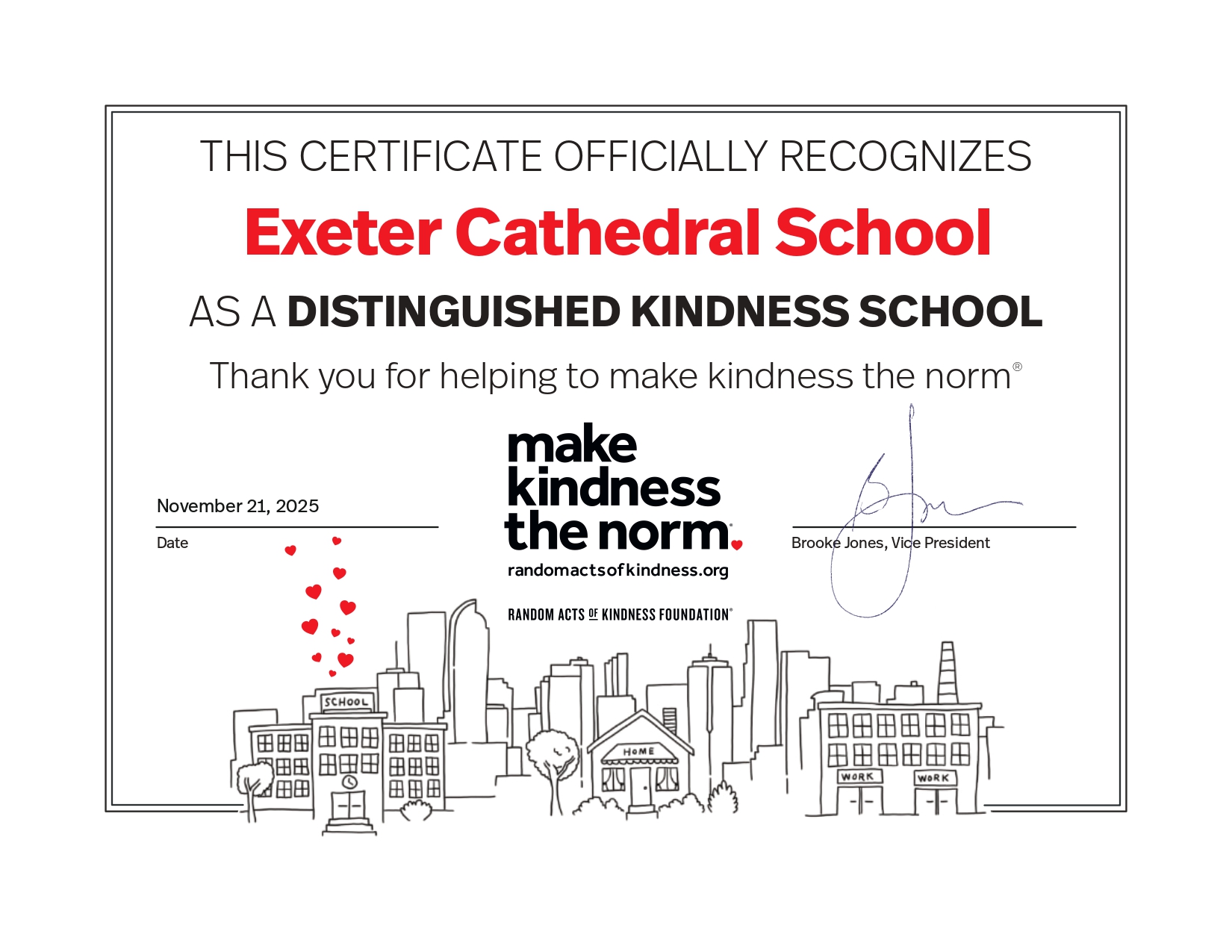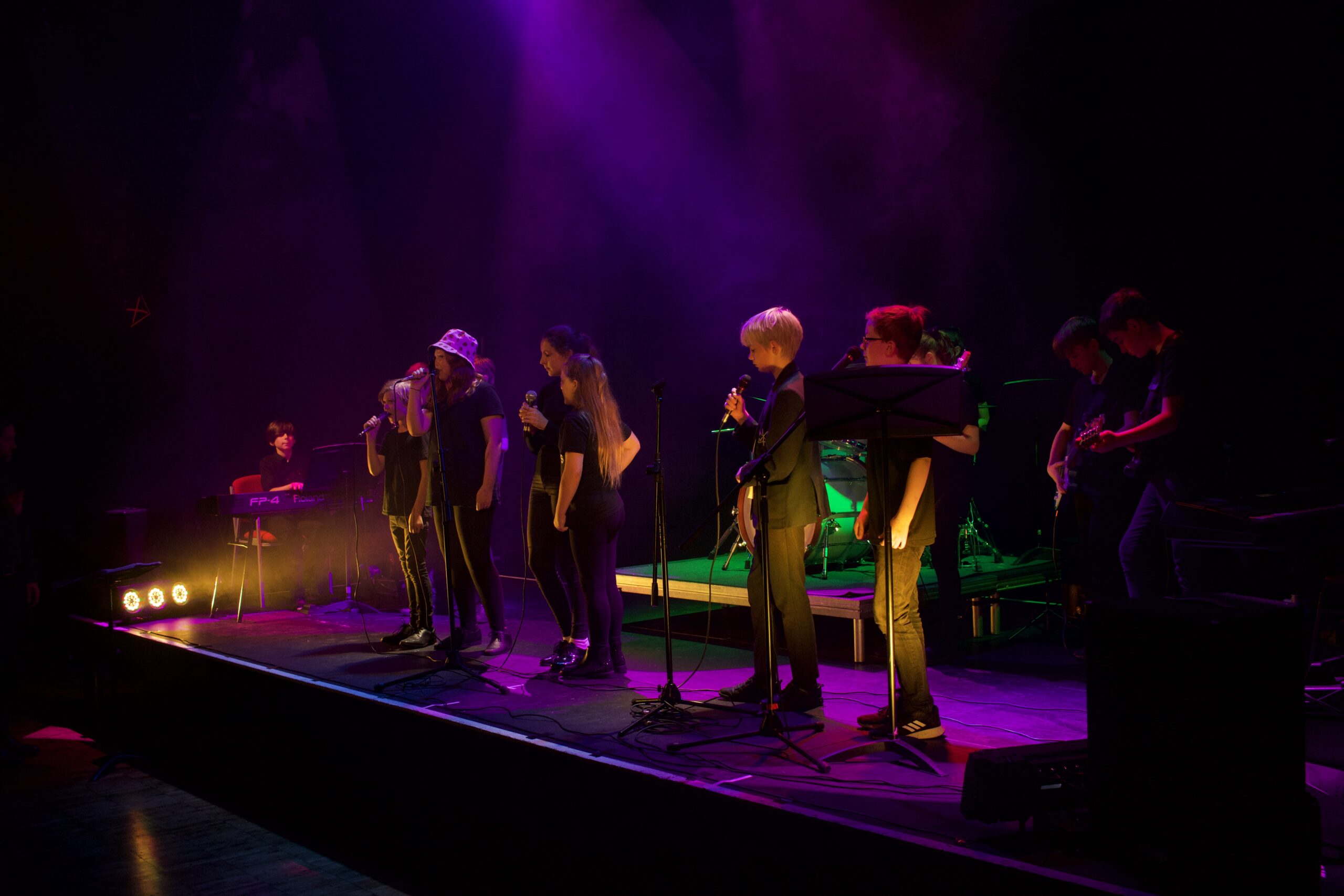The nomenclature of our schools is a mysterious thing. Out of the fog of Dickensian England has arisen a gamut of titles and names, each seeking to define a ‘genre’ of educational establishment. These misnomers hang heavy in the modern air, and it seems that Dickens’ own iconic (if not altogether laudable) Headmaster Mr Squeers’ bullish question ‘That’s our system, Nickleby; what do you think of it?’ remains a pertinent one.
We have Public Schools which are, in fact, demonstrably private. The English Public School is the polar opposite of its more aptly-named European or American counterpart. We also have State Schools – schools which are maintained by the state. Actually they are sometimes called Maintained Schools for the same reason, and no-one is quite sure whether the State Sector or the Maintained Sector is the official title: some say it is to be known as the State-Maintained Sector – different from every other walk of life where such an establishment would be known as the Public Sector. We can’t call it that because it doesn’t contain Public Schools (which are, in fact, Private Schools). Outside of that sector we have Independent Schools – schools which are independent of the state. These are fee-paying schools. But schools which are independent of the state are also called Free Schools – schools which are free of government control, but which, unlike those in the Independent Sector, are neither Private Schools nor Public Schools. These Schools are not State Schools, but neither are they Independent Schools, because Independent Schools are Private Schools, and Free Schools are Public Schools – except they are not Public Schools because Public Schools are Private Schools.
And then, in amongst all of this, is the Prep School. Prep School stands for Preparatory School – a School which, as its nomenclature makes unusually clear, has as its function the preparation of pupils for their next school. Preparatory Schools were established quite literally as a place in which children (in those days boys) were to be prepared for life at Public School. Nowadays, a Prep School is generally considered to be a stand-alone independent school which educates children up to the age of 13, although there are now Prep Schools which end at 11. Some ‘through schools’ have a Prep Department.
One might well object to a school being called a Prep School: the idea that a school exists purely to service the next educational institution is an intriguing notion. At ECS we are clear that our job is to work with families to help our pupils acquire the right habits for life. But that doesn’t mean life after ECS – because life is now; it’s here; it’s happening. Life doesn’t begin after a child has left Prep School: each and every day is their life, and we want those habits to be lived out each and every day. If one works on the assertion that a Prep School exists as a holding pen before real life begins at the next school, one might equally call all seniors schools (of whatever ilk) Prep Schools, as they prepare pupils for university; and universities may as well be called Prep Schools, as they prepare students for the world of work. An institution which exits purely to prepare its members for life after it, may justifiably develop some fairly significant existential angst!
Life is not on hold at a Prep School – the pause button has not been pressed (though, to milk the analogy somewhat, Prep Schools are very good at making sure that the fast-forward button isn’t too readily available, either). They are places of learning, discovery, development, passion, intellectual curiosity, of adventure, of enquiry, of encouragement, of opportunity and of flourishing. That’s not preparatory – that’s joyfully rooted in the present.
But it certainly is true that all schools have a professional, moral and social responsibility to ensure that their charges have the skills, habits and values that they need – both now and in their futures. Woe betide the school which is inward-looking enough to focus only on a pupil’s current needs and to ignore its privileged role in developing responsible and skilled-up members of society. The building and upholding of core values, the promoting and modelling of the right habits, and the acquiring and practising of key skills is a fundamental part of a good education. And, in that sense, all schools are (or at least should strive to be) Prep Schools.







